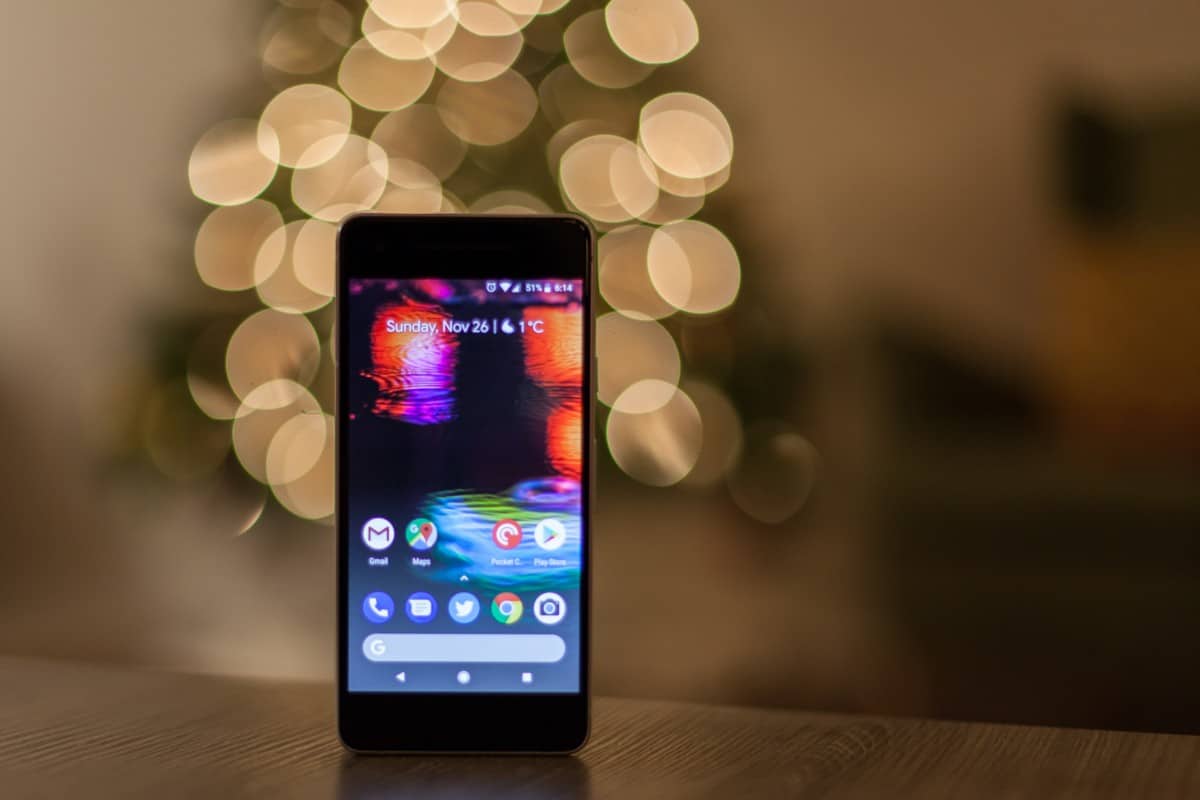Health experts Robin Rudin, Mark Friedberg, and Daniel Solomon penned an argument for ongoing, universal Covid-19 symptom monitoring in an essay published June 18 in the noted journal Health Affairs. Arguing that the threat of Covid-19 should be treated as a continuous problem, the authors, two of whom are physicians, sketch a plan for using technology and multiple payer frameworks to support a system of patient monitoring that they assert will be necessary to avoid overwhelming the healthcare system during anticipated future peaks.
“Well-organized pandemic responses demand a more proactive, systematic, and universal approach, in which all individuals are offered regular, remote symptom checks, customized to their individual needs and conditions,” they wrote. “Such capabilities would provide a continuous link between patients and their clinicians during public health emergencies such as COVID-19 and would also have long-term payoffs during routine care for triaging acute issues and monitoring chronic conditions.”
Under the plan, patient monitoring would be conducted using multiple methods, including smartphone applications, text messages and other personal devices. Data would link to patients’ primary care providers, an issue clearly at odds with the lack of universal healthcare in the United States and the abundance of patients –estimated to be a quarter of the population- who do not have PCPs. Rudin, Friedberg and Solomon concede that no funding system exists to promote uptake of these monitoring systems by healthcare entities and PCPs.
Further, while the scattershot development and adoption of proprietary, competing technologies is a hallmark of the U.S. healthcare system, authors suggest that information and best practices should not be siloed for the operation of a Covid-19 monitoring system to be efficient. It is unclear from the essay how different EHRs would be able to interoperate with varying applications and data collection methods, and authors do not elucidate an incentive or reimbursement scheme for PCPs who would, under the plan, passively collect patient data outside of scheduled appointments.
Still, Rudin, an information scientist, Friedberg, a physician and Blue Cross Blue Shield executive, and Solomon, a Harvard medical professor, remain optimistic.
“Systematic symptom monitoring,” they wrote, “will be achieved incrementally and should begin with simple patient self-reports to their clinicians using electronic tools such as phones and computers that we already use in other aspects of our lives. With dedicated effort, symptom monitoring could help with COVID-19 over the next one to two years.”

